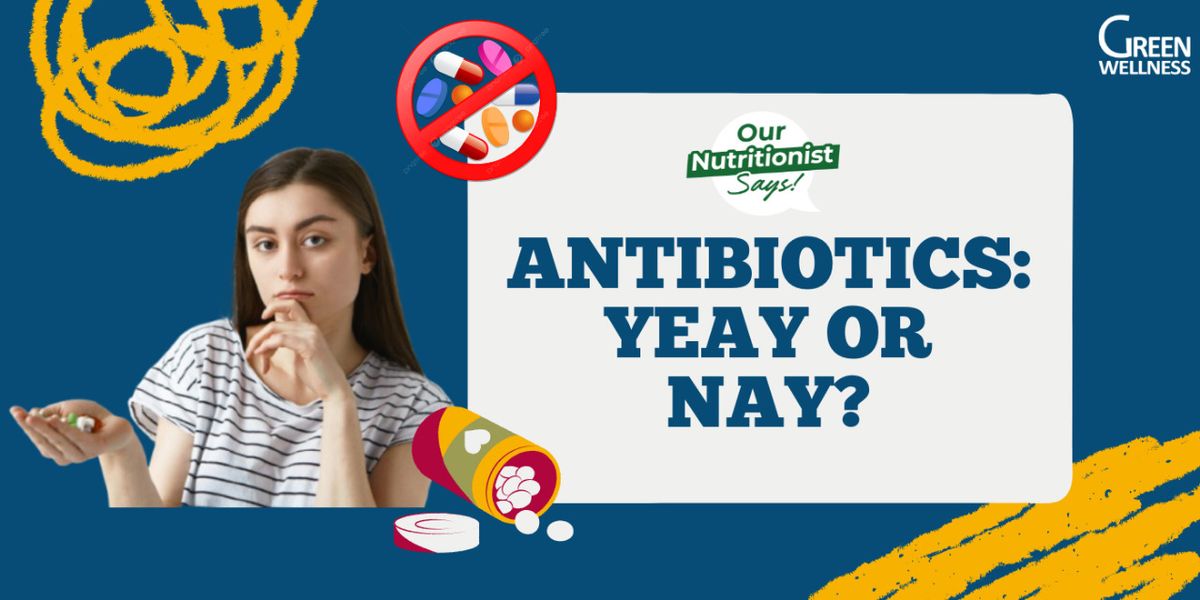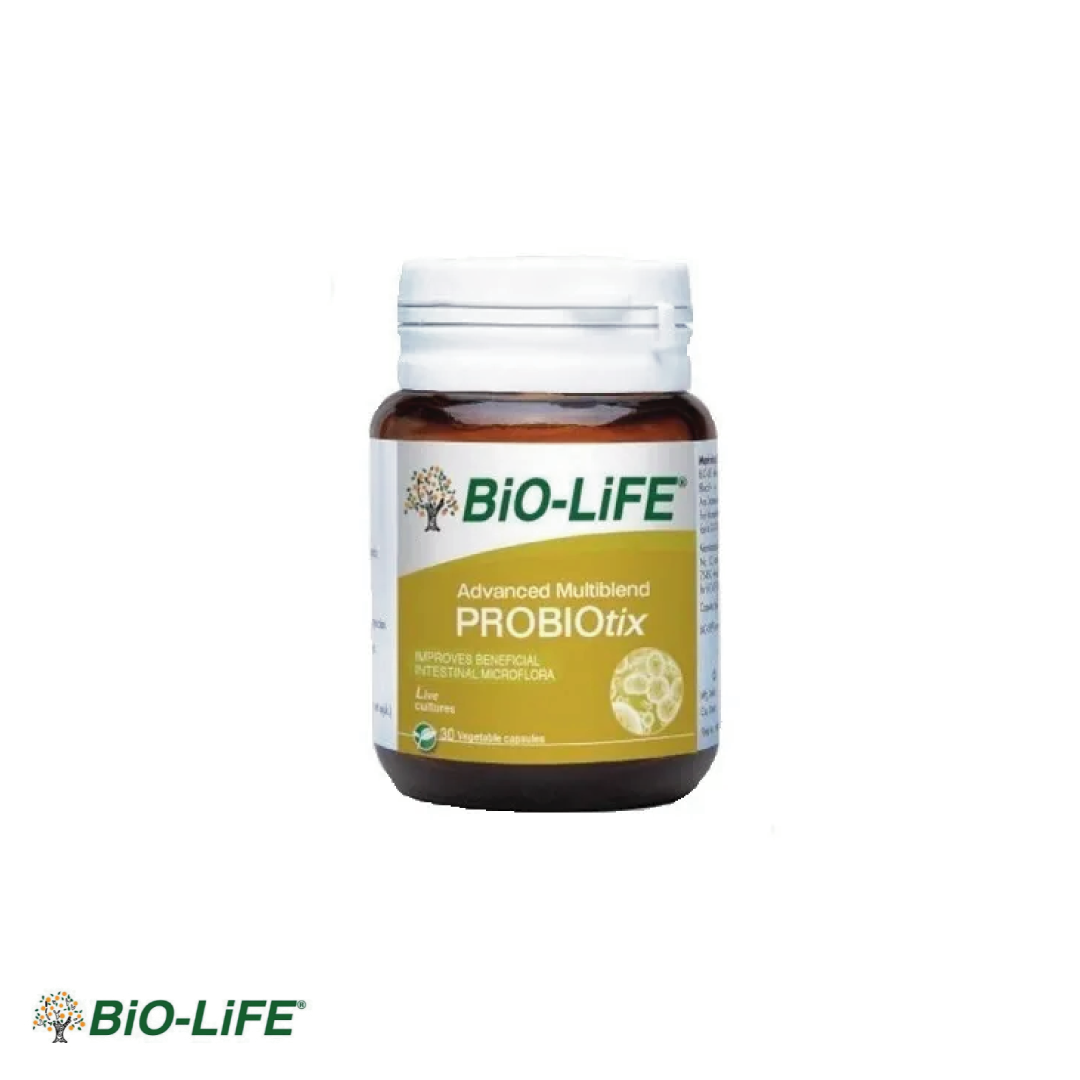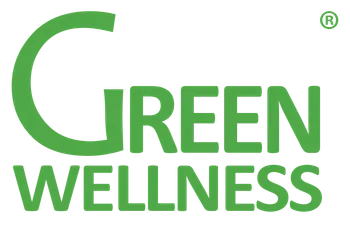
Flu, sore throat, maybe a fever. Then that familiar question pops up, “Do I need antibiotics?” “Or can my body handle this naturally?”
Let’s take a closer look at when antibiotics are your best friend and when they might do more harm than good.
What Are Antibiotics?
Antibiotics are medicines designed to kill or stop the growth of bacteria. The key word: ‘Bacterial’.
Means, they’re ONLY powerful tools when it comes to bacterial infections, but NOT on viral infections like common cold or flu.
Synthetic VS Natural Antibiotics
When we hear “antibiotics”, we often think of pills prescribed by a doctor. But actually there’s another side that’s non-prescribed, and has been used for centuries to support the body's defense system.
Let’s break it down:
*Overusing antibiotics can lead to antibiotic resistance, where bacteria evolve to become immune to the drugs. This makes infections harder to treat and can lead to longer illnesses.
Natural Ways to Support Your Body
While antibiotics have their place, sometimes your body just needs a little boost to prevent illness naturally. Meaning the stronger your immune system, the less likely you’ll need antibiotics in the first place.
Here are some common natural “antibiotic-like” foods to consider:
Garlic1

Contains allicin, which acts as an antibiotic. Also known for its natural antiviral compounds.
- Turmeric2

Thanks to curcumin, it helps with inflammation and may support the body’s defense system.
Propolis3
One of the oldest natural remedies to treat infections, abscesses, wounds and tumors. Today, scientists recognize Propolis as a powerful natural antibiotic that strengthens the efficacy of the immune system.
Green Tea4
Full of antioxidants that help keep your immune system in check.
All these natural helpers may act like gentle, food-based “antibiotics”, without the side effects.
What About Probiotics?
They might not be natural antibiotics in the strict sense, but they’re definitely part of your body's defense team!
“Probiotics are the ‘good bacteria’ that live in your gut and help keep things in balance”
They support a healthy gut, where about 70% of your immune system lives! A balanced gut means less room for the “bad guys” to grow, which helps prevent infections in the first place.
 |  |  |
TIPS: If you're on synthetic antibiotics, don’t take them at the exact same time as your probiotics. It can wipe out the good bacteria too. Only once you’re done with your antibiotics, then start your probiotics and keep going for at least 2–4 weeks to help your gut get back on track!
Yeay or Nay?
Say ‘YEAY’ to synthetic antibiotics when dealing with a confirmed severe bacterial infection, which causes high fever, spreading quickly, or affecting vital systems (like the lungs, kidneys, or bloodstream) to prevent complications. Do not skip and always take them exactly as advised. In these cases, natural antibiotics alone won’t cut it. You need the real stuff and fast!
Say ‘NAY’ when symptoms are due to viral infection or just a minor bacterial issue, which can clear up on their own with rest, good nutrition, and natural support. In these cases, a doctor may recommend ‘watchful waiting’ rather than immediate synthetic antibiotics.
So, yeay or nay? Now you know the smart way!
References
Li, G., Ma, X., Deng, L., Zhao, X., Wei, Y., Gao, Z., Jia, J., Xu, J., & Sun, C. (2015). Fresh Garlic Extract Enhances the Antimicrobial Activities of Antibiotics on Resistant Strains in Vitro. Jundishapur journal of microbiology, 8(5), e14814. https://doi.org/10.5812/jjm.14814
Chetan, R., Debata, S., Kumari, S., & Sharma, D. (2022). Turmeric: An effective natural antibiotic. Journal of Medicinal Plants Studies, 10(2), 191–195. https://www.plantsjournal.com/archives/2022/vol10issue2/PartC/10-2-38-217.pdf
Almuhayawi M. S. (2020). Propolis as a novel antibacterial agent. Saudi journal of biological sciences, 27(11), 3079–3086. https://doi.org/10.1016/j.sjbs.2020.09.016
Alghamdi, A. I. (2023). Antibacterial activity of green tea leaves extracts against specific bacterial strains. Journal of King Saud University - Science, 35(5), 102650. https://doi.org/10.1016/j.jksus.2023.102650






